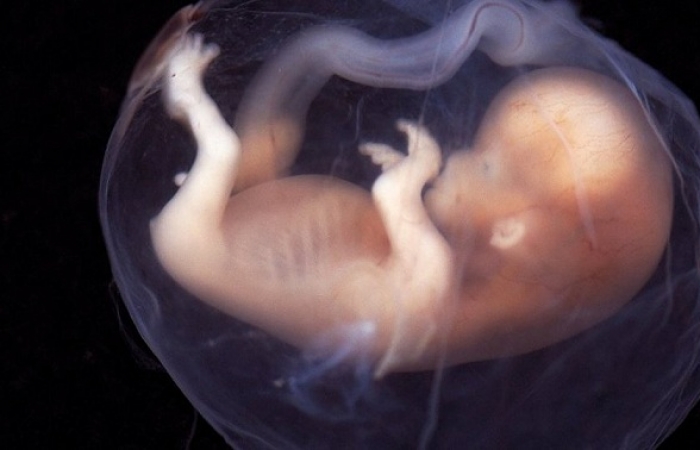"We think that it will be possible to mimic a lot of the developmental events occurring before 14 days using human stem cells using a similar approach to our technique using mouse stem cells," Professor Magdalena Zernicka-Goetz from the Department of Physiology, Development and Neuroscience at Cambridge, who led the research, said as quoted by the newspaper.
Up until now, scientists have been experimenting with human embryos left over from in vitro fertilization (IVF) treatments, in which the sperm and eggs are combined in a lab. However, such embryos must be destroyed after two weeks.
Scientists are thus interested in having an unlimited supply of human embryos, which would not be dependent on sperm and eggs.
More about:
















































